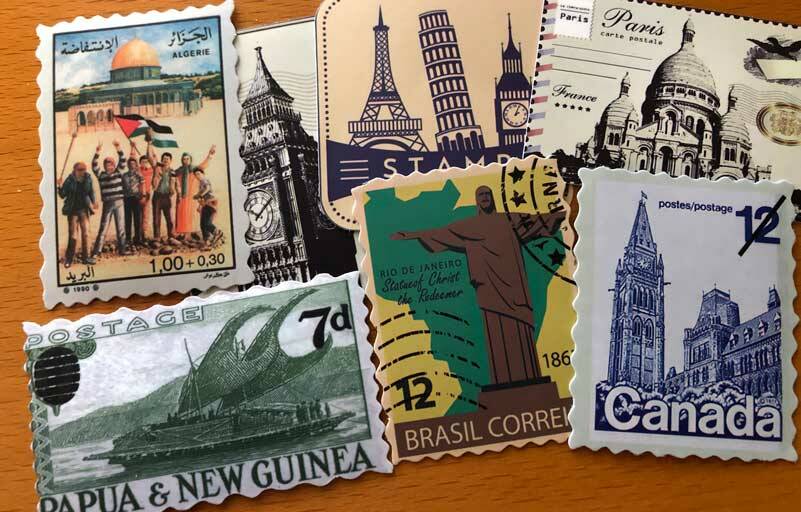By Morf Morford, Tacoma Daily Index
Like most people probably, I like to travel the world and meet people from all kinds of place far beyond my fields of experience.
We are rapidly approaching the season when people travel, and for a variety of reasons travel is more appealing than ever.
Many of us have felt cooped up and have not been able to travel as much as we might have liked to, but with fewer travel restrictions and improving weather, the travel bug, or at least the fantasy of travel seems to be contagious.
As you look over travel options, price may be a factor. Some travel destinations are dramatically “nicer” than others. Some offer one of a kind, world class amenities from resorts to museums to natural features. Those features, as we all know, come with a price. Some cities, like London, New York, Paris or Singapore are, at least by the standards of most of us, prohibitively expensive, at least if we want to stay more than a few nights.
Cities become relatively “expensive” due to a variety of factors and historical effects such as high demand for housing, a concentration of high-paying businesses and industries, and a high standard of living. Besides those factors, taxes, transportation costs, and availability of goods and services can also contribute to the overall cost of living in global cities.
Global affordability
Those same factors, or at least the reverse of them, lead to places being much more affordable.
Almost every region, from city to county to state to global hemisphere has its pricey and not so pricey areas. Countries as diverse as Great Britain and Italy have regions with very different costs of daily living.
For whatever set of reasons, northern nations tend to be more expensive, while southern regions, like Asia, continue to dominate the list of the world’s least expensive cities, followed by parts of North Africa and the Middle East.
As with everything else, you get what you pay for
Some regions have a mix of issues that keep prices low. It could be geographic distance from more familiar tourist routes or weak currency, poor economy, and, in many cases, political or economic turmoil.
For whatever reason, most North Americans look more at Europe as a travel destination than South America. South America can offer, in most cases, more affordable travel and a very different mix of history, culture and cuisine.
Coming in as a foreigner, with US dollars, as a visitor to an economy with spiraling inflation or collapsing currency, can be a disorienting experience.
As much as we might complain about inflation or costs of groceries, compared to most of the world’s economies, the US dollar is remarkably stable. And stability is the foundation of a solid and reliable economy. Syrian and Turkey for example, have had unstable economies and Syria’s capital, Damascus has, for better or worse, maintained its position as the world’s cheapest city.
And if you could afford to live there, would you want to ?
I’m probably typical in the sense that the places most appealing to me are also the places I can only afford in small doses. I pass through them and might even look longingly at local real estate brochures, or even go on a tour of homes, and then realize that, as much as I’d like to have a place there, it is just out of reach financially. And of the places I could afford, I’m not sure my wife would be agreeable to an extended vacation in Tashkent, Tehran or Tripoli.
The cost of getting by is different for some of us
Like many of our domestic major cities, income inequality distorts the cost of living.
Widespread low wages dominate the economies of the world’s cheapest cities. These include three East Indian cities, Tashkent in Uzbekistan, Almaty in Kazakhstan, Pakistan’s most populous city of Karachi, and the Sri Lankan capital, Colombo.
In many of these places, as well as much of Southeast Asia, a North American, of almost any means, steps off the plane suddenly promoted to the top one percent of the economic scale.
Our “vacation” spot is someone else’s home and familiar territory and daily experience. Or workplace.
We may not always be as welcome as we might like, but our travel dollars often sustain their economy.
Most of the time we are guests of a place or a culture we might not really know. So above all, be a good guest and be respectful of whatever is put before you.
And you never know, you just might find a treasure worth remembering.





